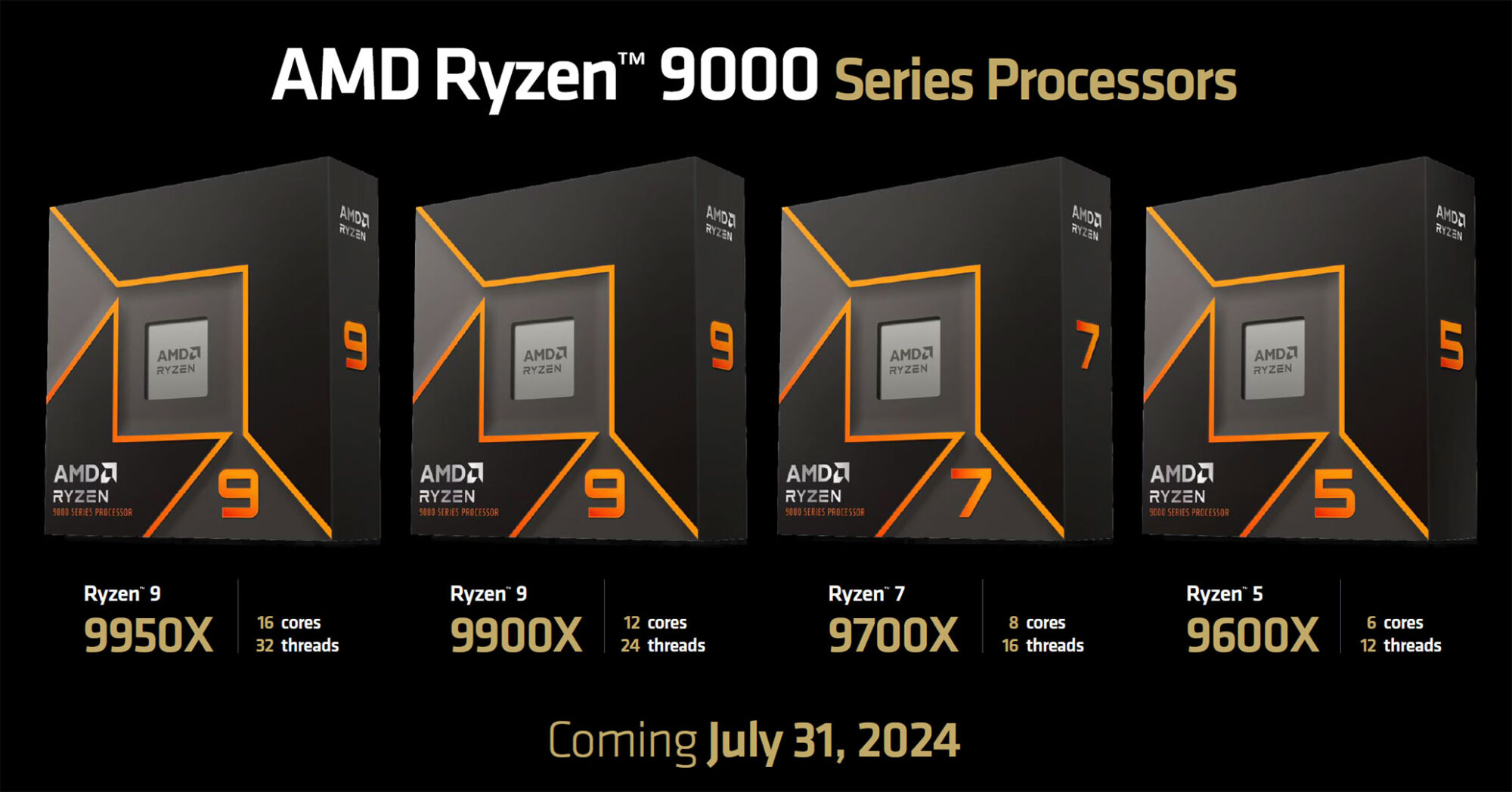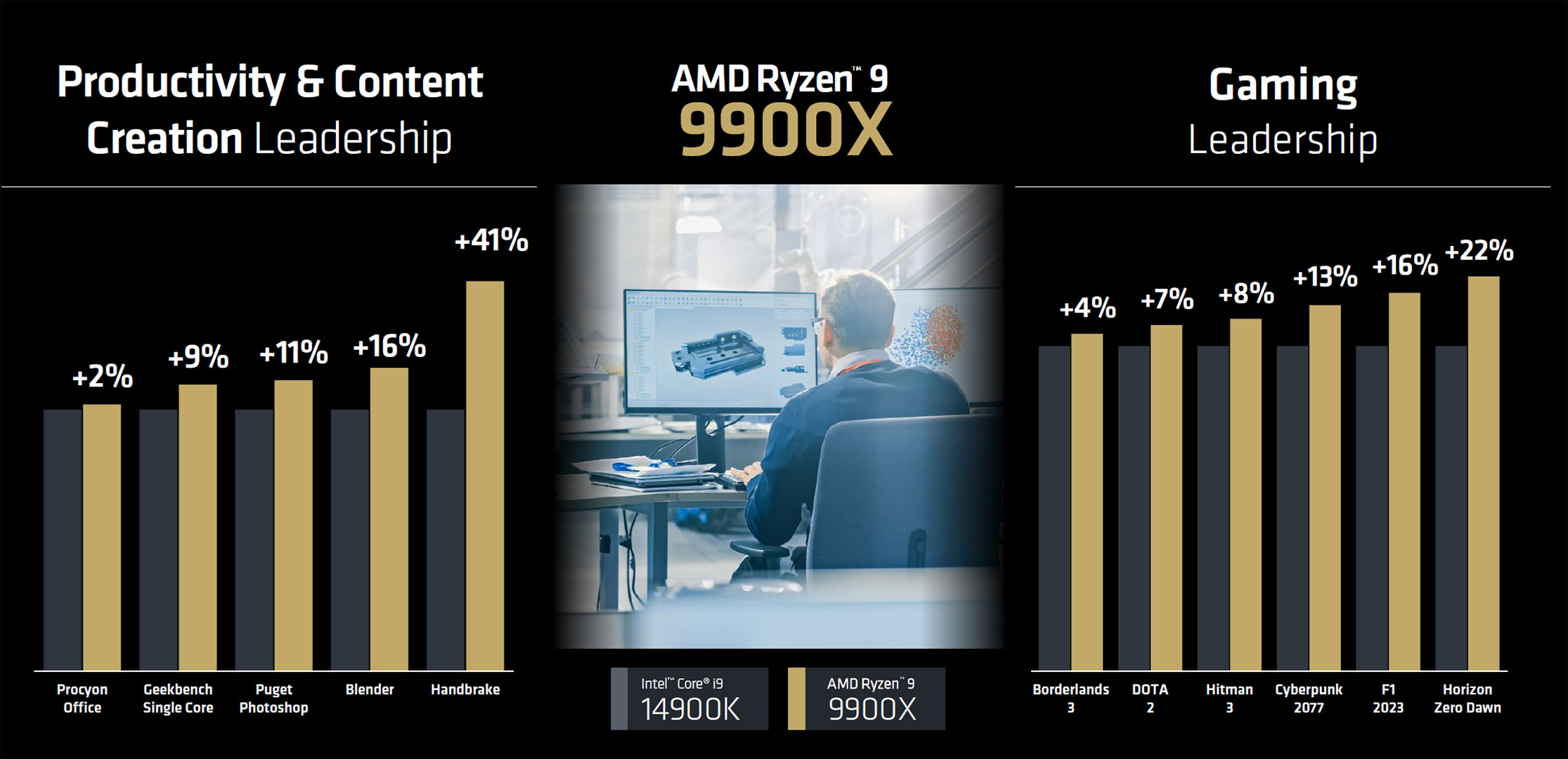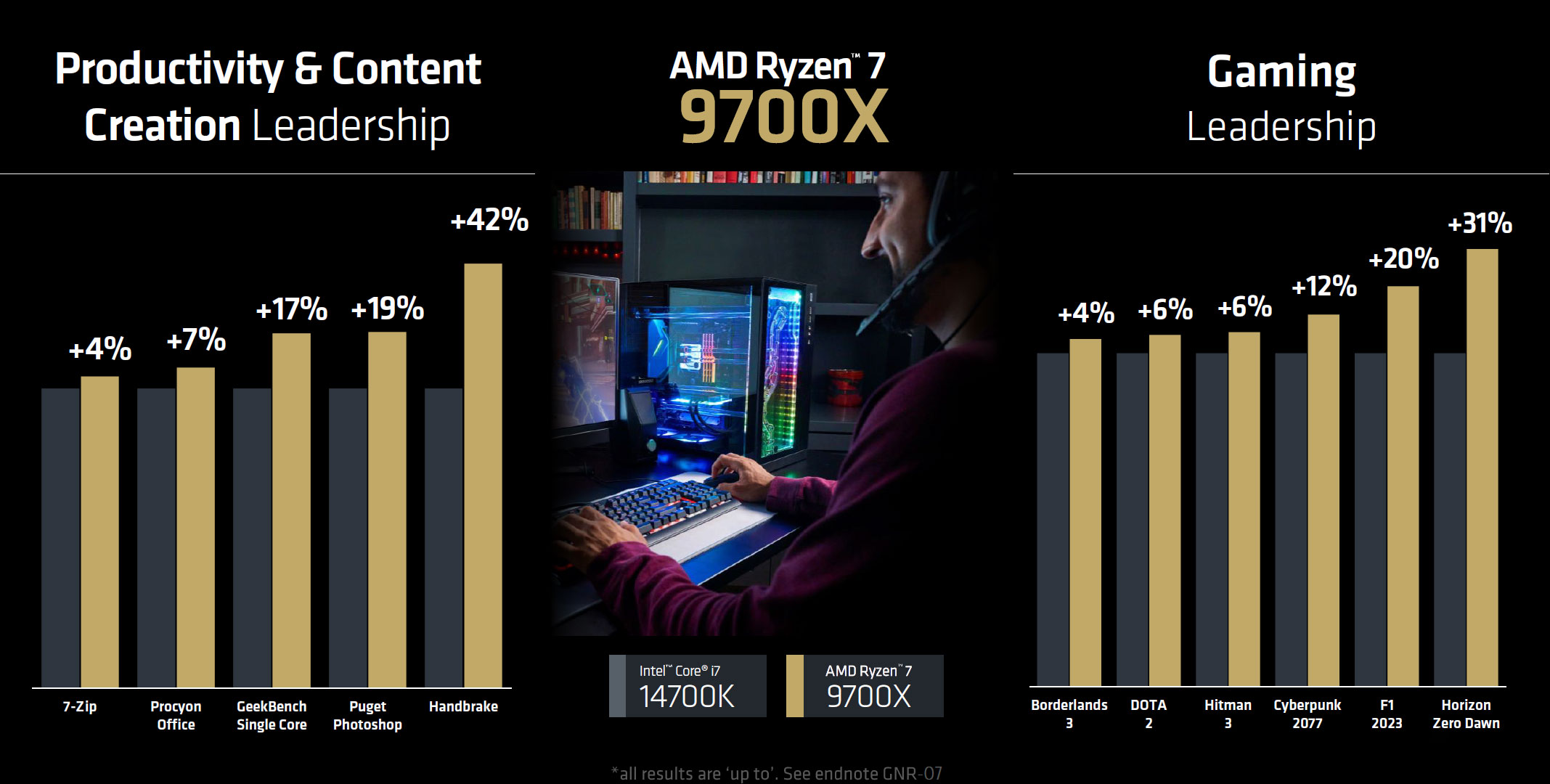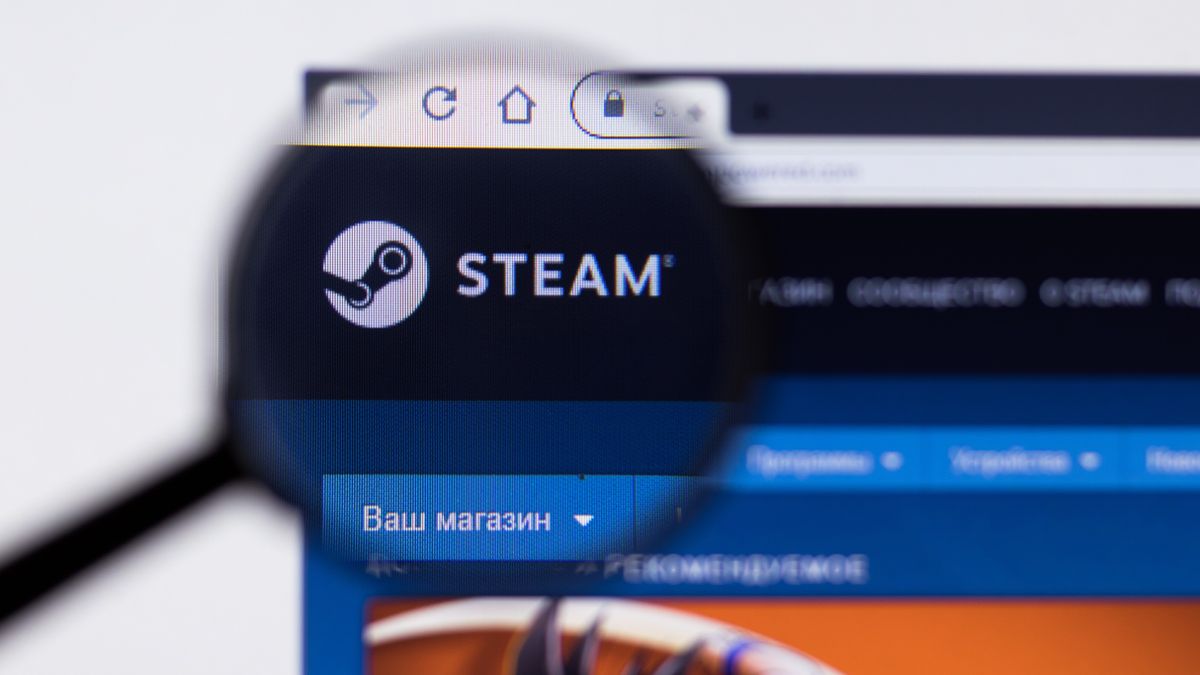Draugoth
Gold Member

The launch includes four SKUs: the 16-core Ryzen 9 9950X, 12-core Ryzen 9 9900X, 8-core Ryzen 7 9700X, and 6-core Ryzen 5 9600X. AMD has not yet disclosed pricing information, which is expected to be unveiled next week. This carefully planned approach may be to prevent Intel from gaining an advantage in pricing their Core Ultra 200K series, or to gather feedback from reviewers who are already testing the new series.
There are four CPUs in the new Ryzen 9000 series, which includes the beastly 16-core, 32-thread Ryzen 9 9950X flagship. Pricing still hasn’t been disclosed, but it’s currently expected to align with the Zen 4 series chips.


Last edited:




